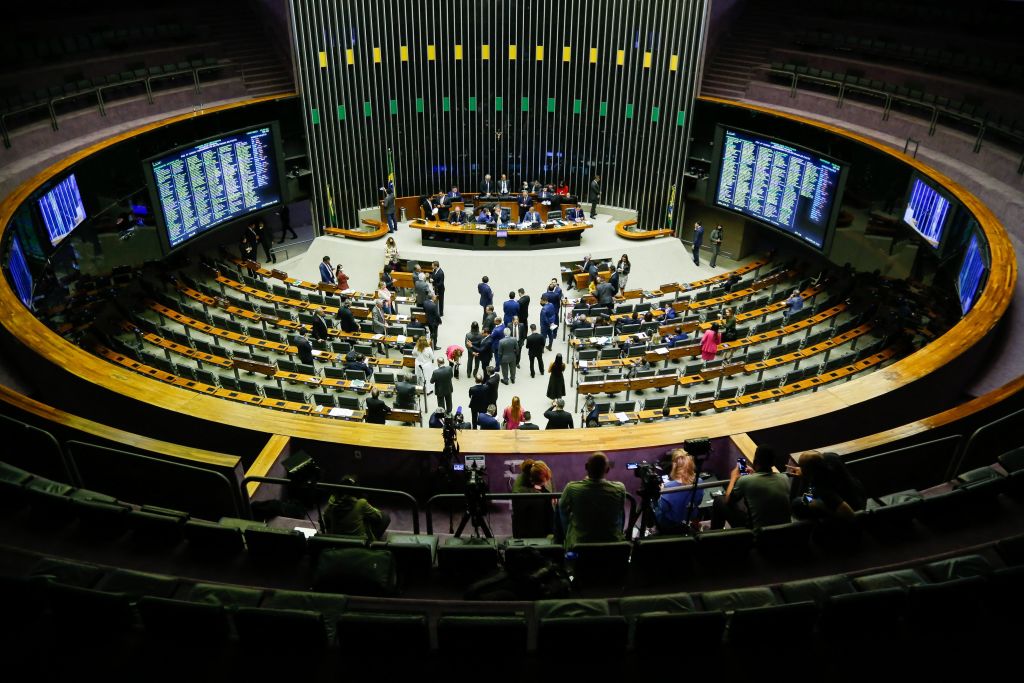Brazil’s chamber of deputies has recently voted to approve online gambling, marking the final step towards regulating the market in 2024.
This decision follows the senate’s approval of Bill 3,626/2023 on December 12th.
The bill, initially approved by Brazil’s Economic Affairs Commission three weeks ago, faced significant opposition in the senate, resulting in three key highlights being voted on.
The senate excluded igaming, virtual games, and sports betting terminals from the bill, while also rejecting an amendment prohibiting sports betting advertising in stadiums.
Additionally, all taxation recommendations introduced by the Economic Affairs Commission on November 22nd were approved.
This included limiting gross gaming revenue (GGR) to 12%, down from the initially proposed 18%, and modifying taxation on winnings.
Bettors will now be taxed at a rate of 15% on net winnings, exceeding the exemption threshold of BRL 2,112.
Furthermore, licensees will be required to pay an initial fee of up to BRL 30 million, granting them the right to operate up to five different brands.
The fate of igaming in the bill was a topic of debate. While the senate voted to remove igaming, the chamber of deputies had the authority to overturn this exclusion.
The opposition to igaming, notably from the Evangelical Parliamentary Front, was anticipated.
Despite the criticism, proponents argued that regulating online gaming would address issues like money laundering and lack of control.
The exclusion of online gambling from the bill raised concerns about potential shortfalls in taxation revenue, as the initial target was BRL 1.6 billion, but without igaming, it may only reach BRL 700 million.
The government’s push for approval is tied to its aim to achieve a zero fiscal deficit by 2024.
Assuming the bill is approved by the president, tax revenue will be allocated to various sectors, with 36% directed to sports, 28% to tourism, 14% to public safety initiatives, and 10% each to education and social security.
The bill also introduces changes to inspection fees, which will no longer be based on the amount of premium paid but on lower levels of GGR.
Operators seeking a license must have a Brazilian partner holding a minimum of 20% of the company’s capital in the country and must implement appropriate cybersecurity measures.
The bill also requires operators to implement identification processes, potentially using facial recognition technology.
Unlicensed operators will be prohibited from advertising in Brazil, and B2B partners will be banned from providing technology to unlicensed B2C companies. Bonuses will also be prohibited.
The path to legalizing sports betting and casino gambling in Brazil has been a long one, with the recent developments bringing the industry closer to full regulation.
